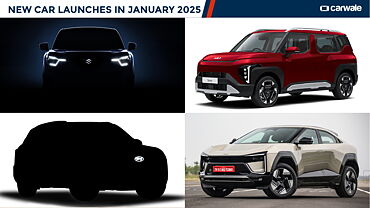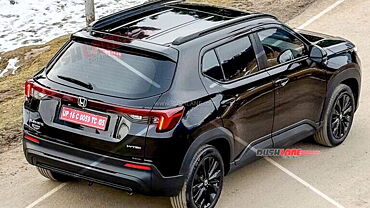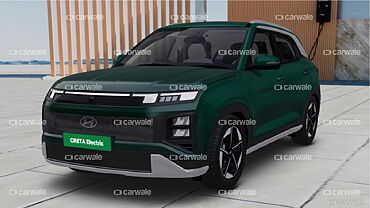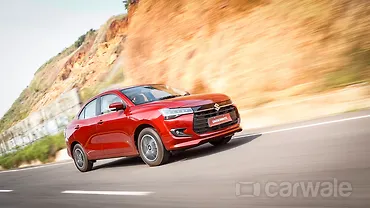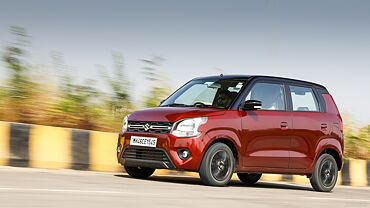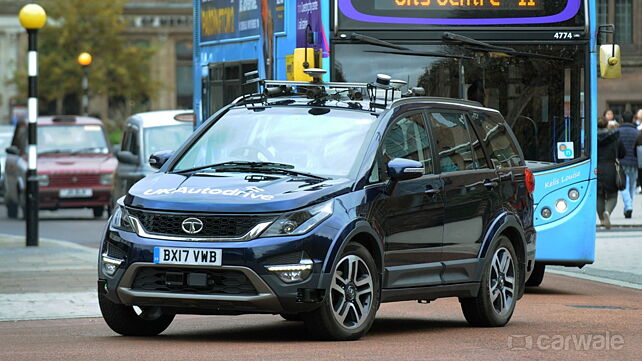
> The tests were conducted by Tata Motors’ European Technical Centre (TMETC) that’s based out of Coventry in United Kingdom.
> TMETC is the company’s design and engineering hub for its passenger vehicle business in India.
Tata Motors has issued a statement affirming that their three-year project, pertaining to the trials of connected and autonomous vehicle technology, has come to a fruitful end.
As part of the project, TMETC successfully completed test trials relating to autonomous/connected tech on a new Tata Hexa. Sources added that the Hexa was chosen simply due to its spacious and comfortable interiors, which was not only needed to accommodate necessary hardware, but also the engineers themselves.

As a matter of fact, TMETC also participated in the UK Autodrive project, co-funded by Innovate UK, the United Kingdom's innovation agency, which brought together 15 partners including OEMs, cutting edge engineering businesses, academia and progressive councils to explore the impact of ACES (Autonomous, Connected, Electric and Shared) technology, in a safe and controlled setting.
It goes without saying that Tata Motors is to looking to embrace the future of mobility through its own R&D. Rajendra Petkar, Chief Technology Officer, Tata Motors, said, “At the Engineering Research Centre (ERC) we have been actively undertaking R&D work on advanced driver assistance systems (ADAS) as well as full vehicle autonomy in order to be future ready. Road congestion, air pollution and road safety, are acute concerns in India. We are likely to embrace connected, electric and shared technology sooner and therefore, it is essential we remain at the forefront of these developments. Autonomy will be a consideration for the future in India. As the UK has already published a code of practice for testing autonomous vehicles safely and legally, it provides the ideal platform to enable us to challenge our self-driving vehicle capabilities. With the support of our much talented team at TMETC, I am delighted to share that the trials done on the HEXA have yielded immensely rewarding insights for us. Going forward, we plan to introduce number of ADAS functionalities in a structured and phased manner. ”


